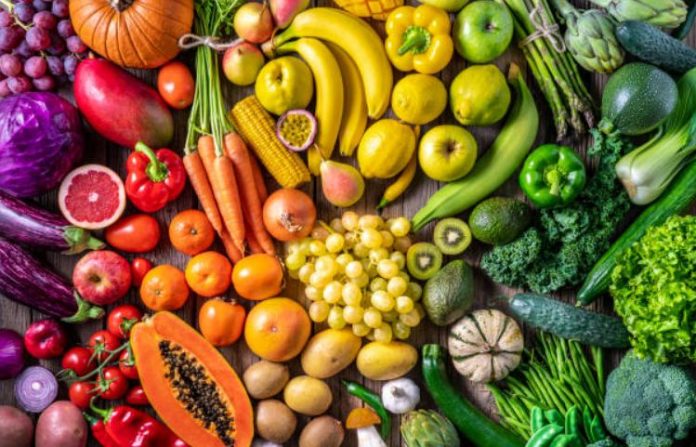All the non-vegetarians will have to agree that we have to cut down a bit on meat, if we need to save the planet.
According to Jonathan Safran Foer, if we care for the planet then we must also care about eating animals.
Someone who claims to be an environmentalist and yet regularly eats factory-farmed food products is not a true environmentalist.
Even all the trains, trucks, cars and aeroplanes put together do not produce so much greenhouse gas as livestock agriculture.
Although there are a lot of arguments regarding this concept, some believe that the number is higher, but the idea is that the amount of resources consumed by an average omnivore (mainly animal protein) can nourish as much as 10 vegetarians! In order to support more people on the planet, we must change people’s diets.
So is it true that the environment will become better if we turn vegetarian? Well, you don’t necessarily have to be a vegan fundamentalist in order to believe the above question.
According to Lord Stern, a former chief economist at the World Bank, meat is a wasteful use of water and it creates a lot of greenhouse gases. Meat also puts a lot of pressure on the resources of the world, hence a vegetarian diet is better.
Here is a defense for meat eating: vegetarians who eat chickpeas, soya, rice, lentils and other imported foodstuffs are not as green as a person following the Fife diet. What’s a Fife diet? Well, it consists of kale, turnips and oats, all grown locally.
Strangely, the average moderate omnivore consumes almost the same amount of the world’s resources as the average rich vegetarian.
The report for the Worldwide Fund for Nature pointed out that highly processed meat substitutes for vegetarians are usually made from imported soya, like tofu, and this actually uses more arable land and resources than beef or dairy products.
Another major issue in climate change is deforestation for the purpose of growing human and animal feed.
In Tuesday’s Guardian, Safran Foer also stated that consumption of fish is as cruel, if not more, than meat eating. About half of the fish and shellfish consumed worldwide are produced by aquaculture.
Much of these techniques are pretty intensive and bad for the environment. For example, in order to produce one kilogram of fish like salmon, about three to five kilograms of other fishes are disastrously wasted.
In today’s developing world, meat must be perceived as a luxury food item and not a staple.
About 30% of the greenhouse gas emissions in the UK are generated by food, mainly livestock farming, as reported in the new WWF report.
An average Briton consumes an average of about fifty grams of animal protein per day, be it chicken or lamb, this is much less in comparison to countries like the US but it is still 20-25% more than an average person’s healthy diet.
The UN FAO pointed out that the main reason why food production would increase by 50% in the next five decades is the increase in meat consumption as poorer countries develop.
Hence we must try to be vegetarians at least once a week, not a big deal really. Also, you can contribute by eating local meat instead of Brazilian rain forest fed burgers. This way we can still sustain livestock farming but in a ‘greener’ way.

